

A Chinese scientist at the centre of the Covid origins debate is still carrying out "risky" research on coronaviruses, scientists have warned.
Shi Zhengli, 60, earned herself the nickname of China’s "batwoman" as one of the world’s leading scientists working on bat coronaviruses in Wuhan.
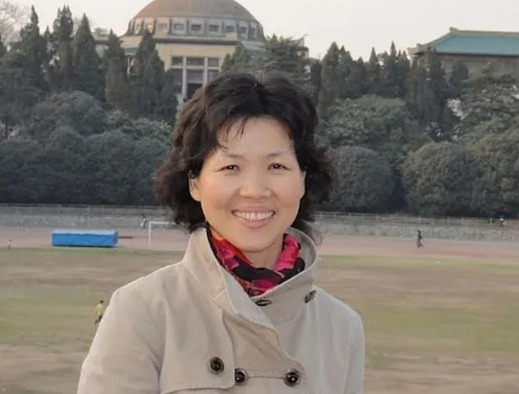
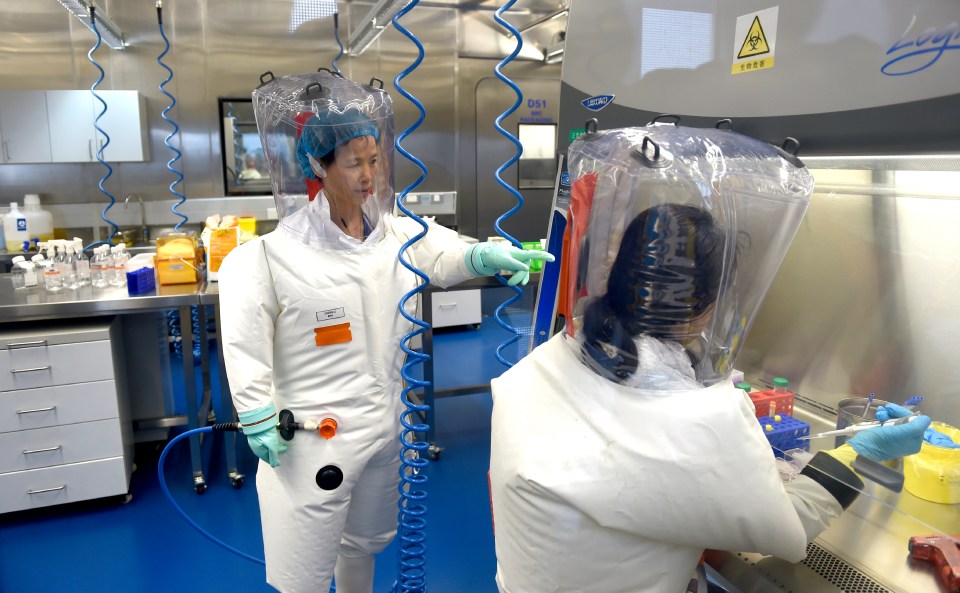
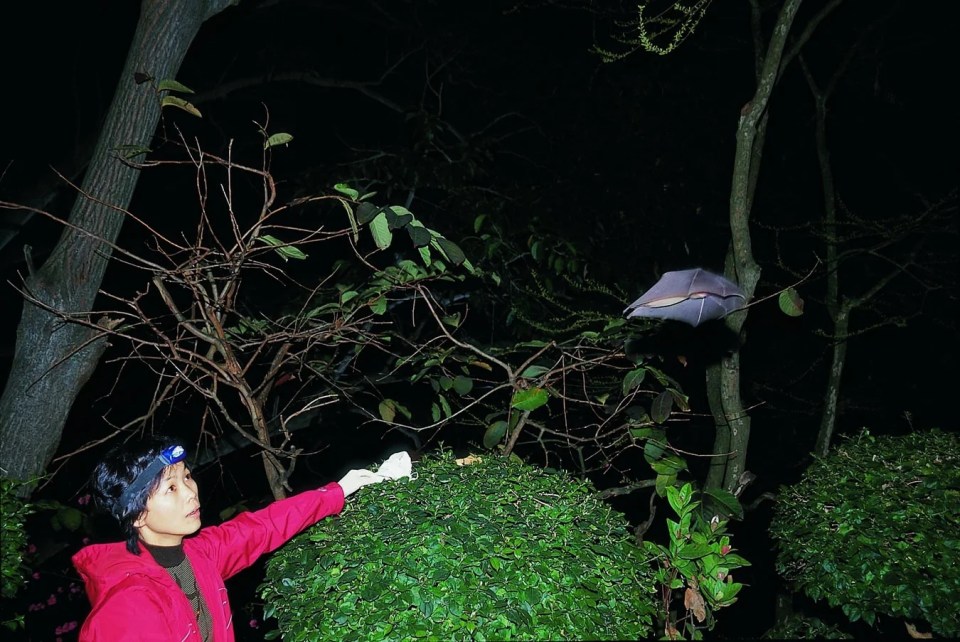
Her team at Wuhan Institute of Virology collected more than 20,000 samples from bat colonies in China over nearly two decades.
Then, when a mystery pneumonia-like illness emerged just a stone’s throw from the lab in late 2019, Shi was thrust into the spotlight.
Many scientists questioned whether the virus - which had unusual features suggesting it was genetically engineered - may have leaked from the lab.
Five years later, a landmark congressional report has ruled that the "weight of the evidence" suggests it was a lab leak that sparked the pandemic - and left millions dead.
Despite the report’s damning conclusion, Shi and her team are still carrying out "risky" research, according to top scientists and virologists.
Robert Redfield, the director of America’s CDC during the pandemic, said the experiments have "potentially catastrophic consequences".
In a paper published in Nature, Shi and a team of scientists boasted they had built the first "customised" coronavirus "receptors".
In other words, Shi is creating the building blocks to change viruses so that they can infect different species - including humans, Mr Redfield said.
He said: "Take bird flu - you can modify the receptor so that instead of chickens and turkeys, it can infect humans.
"It’s potentially dangerous research. You are taking a non-pathogenic virus and changing it so that it could end up being dangerous to humans.
"You may have a pathogen that is restricted to pigs - but now you could totally change it so that it’s highly infectious to other species too.
"She’s playing around with bat viruses and modifying their receptor - so now they’ll infect cows or chickens, for example. It’s ill-advised.
"There’s potential catastrophic consequences. It could cause a new pandemic in animals or humans."
The research will make growing viruses in human cells easier as they have created "customised" receptors for viruses.
It means viruses can be more easily adapted to humans, experts said.
Dr Alina Chan, a genetic engineering expert, told The Sun: "It looks like they have a new suite of engineered host cells to isolate more novel coronaviruses.
"There’s some potential here for risky work to happen downstream."
Dr Chan, who co-authored Viral on the origins of the pandemic, added: "In other words, once you have all these novel viruses growing in the lab, what do you do with them?"
Anton van der Merwe, a professor of molecular immunology from University of Oxford, described the experiments as "broadly risky".
He told The Sun: "Collecting viruses from remote sources, bringing them into densely populated cities, and culturing them in human cells, is inherently risky, even without performing gain of function experiments on the viruses.
"Growing the viruses in human cells will adapt them to humans, and the experiments described in this paper would make this easier.
"These sorts of experiments are broadly risky."
Biosafety expert Professor Richard Ebright said he doesn’t believe the research counts as "gain-of-function" - where viruses are "souped" up to make them more dangerous and is banned in many countries.
But he added the risks are "sufficiently high to warrant international restriction or prohibition of the research".
He added: "This is especially true, in view of the fact that the research has no civilian applications, being neither necessary for, nor even useful for, the development of vaccines, therapeutic agents, or other medical countermeasures against viruses that naturally infect humans."
The Sun has contacted Shi for comment.
Before Covid emerged in Wuhan, there were a very limited number of laboratories in the world working on coronaviruses.
One of these was the Wuhan Institute of Virology - located just 40 minutes from the wet market where some of the first Covid cases emerged.
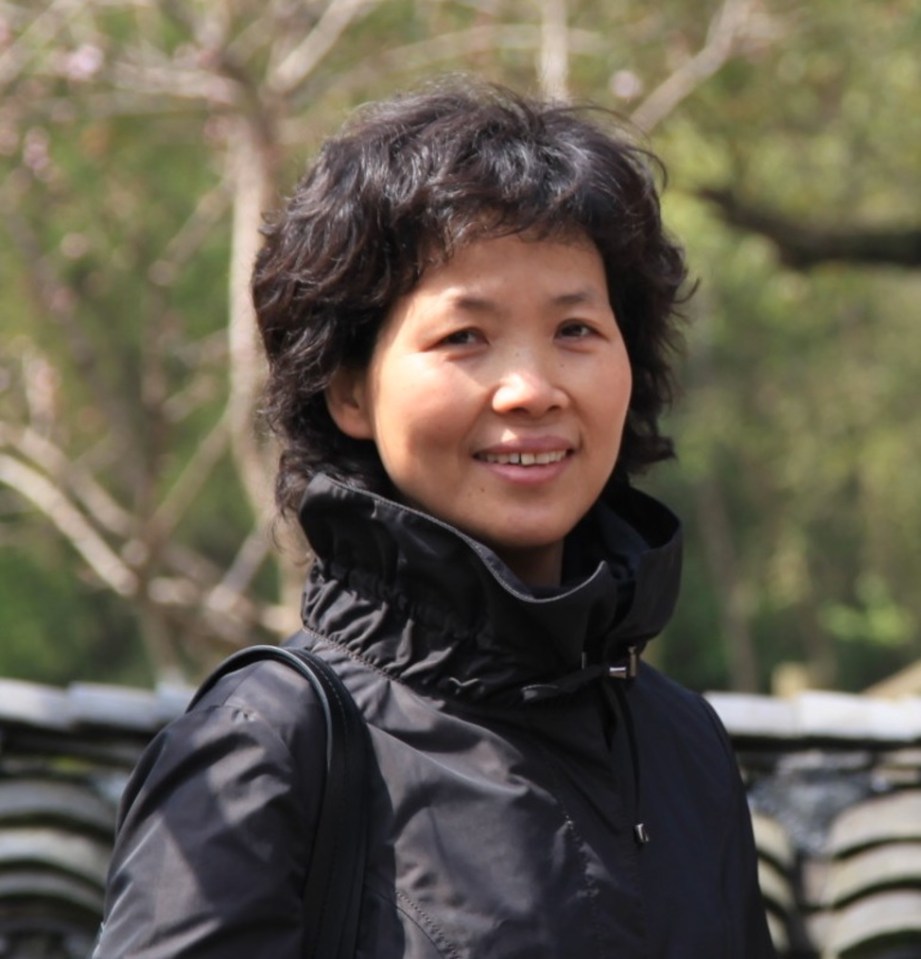
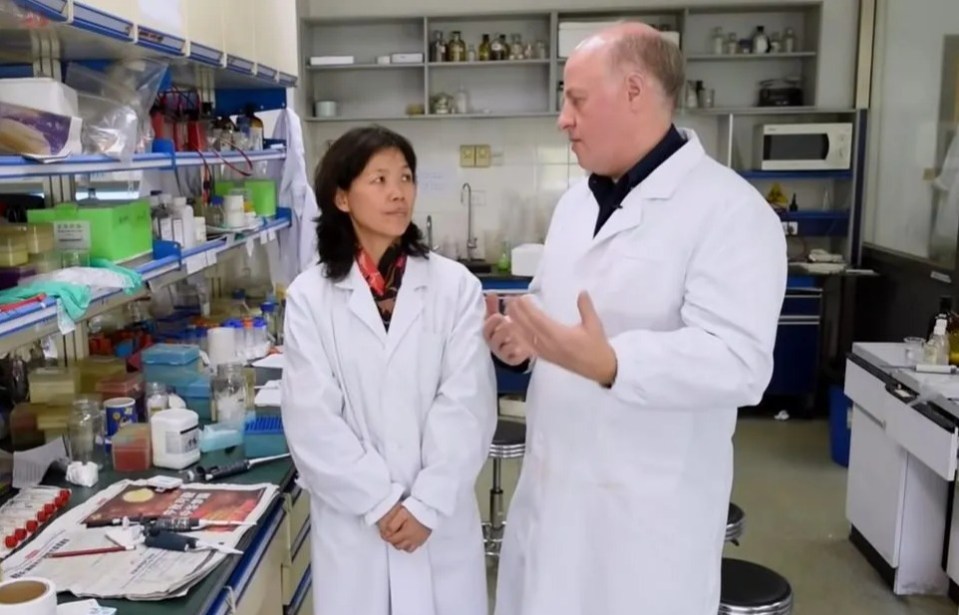
DRASTIC, an international team of scientists and sleuths investigating Covid’s origins, found that the lab had an extensive collection of bat coronaviruses - immediately raising concerns about a potential lab leak.
Founded in the 1950s, the Wuhan Institute of Virology had become a focal point for coronavirus research after the 2003 SARS outbreak.
Shi won international acclaim for uncovering the origin of the SARS outbreak.
It was a game changer for the lab – and coronavirus research – and sparked a global hunt for animal viruses with pandemic potential.
The Wuhan lab has been working on coronaviruses ever since – with the aim of trying to predict and prevent further outbreaks.
With Shi at the helm, the lab was carrying out controversial - and risky - research.
Shi and her team hunted for SARS-like viruses, hoping to identify pathogens in the wild which could pose a risk to humanity in the future.
The researchers identified hundreds of new bat coronaviruses by catching bats in caves, taking samples from them and then shipping the samples back to Wuhan lab – thousands of miles away.
There, the lab has a published record of souping up viruses to make them more dangerous in order to understand pandemic pathogens and how they work - also known as gain-of-function research.
It involves experiments that make already dangerous viruses more virulent or transmissible.
By late 2019, when the pandemic broke out, Shi’s team had created a dozen or so "chimeric" viruses - by swapping and stitching ingredients to test which bat coronaviruses could infect humans.
This so-called "gain-of-function" research is controversial and banned in many countries - including the United States under Barack Obama.
Following the pandemic, many scientists and biosafety experts called for a global ban on this type of research.
Yet others believe it’s necessary to help prevent the next pandemic.
Mr Redfield said: "Society must have a broader debate about the value of this research, and how we do it in a safe and responsible way.
"Most laboratories doing this research do not have the vigilance required."
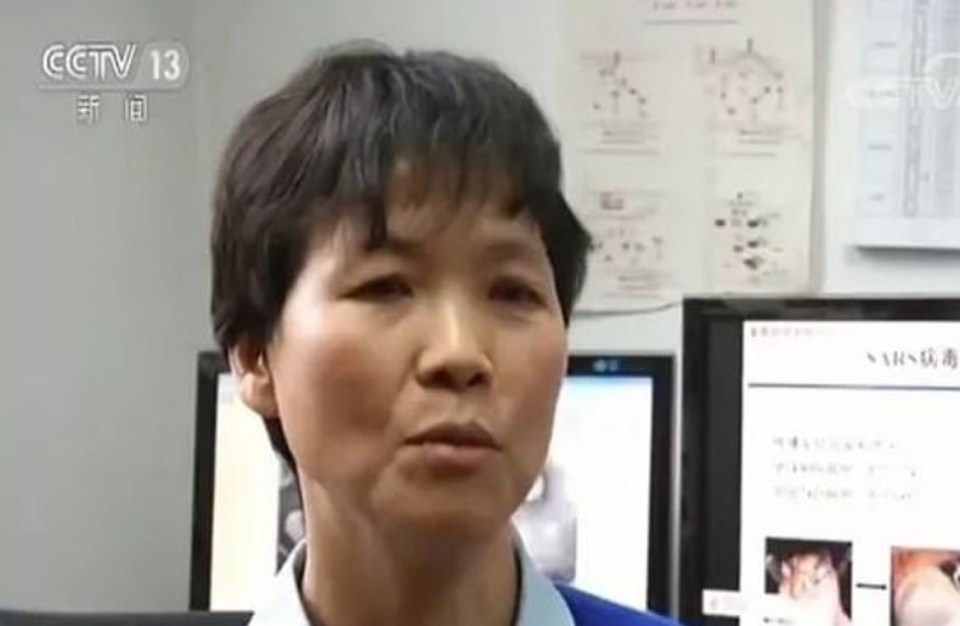
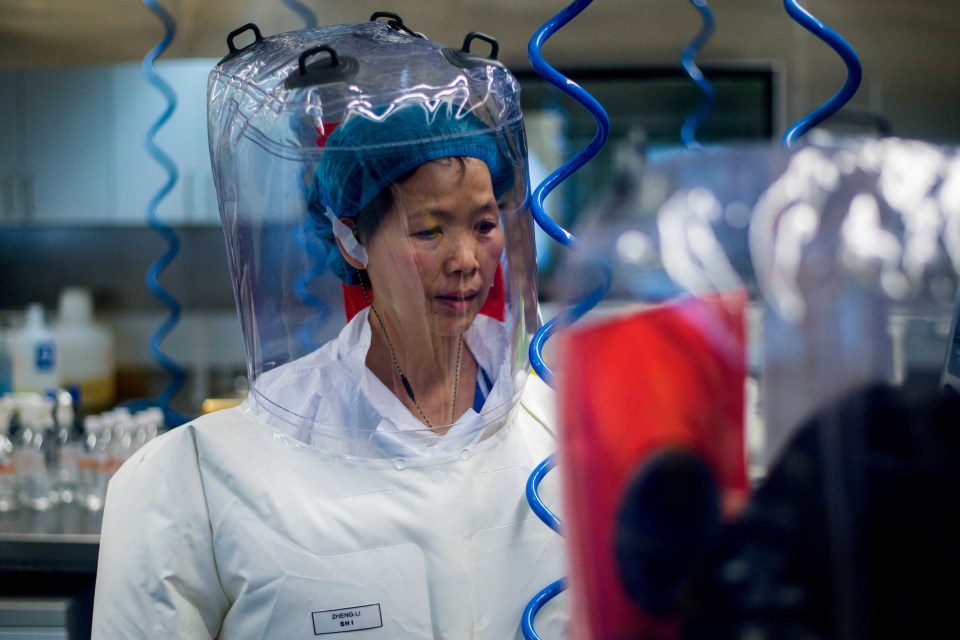
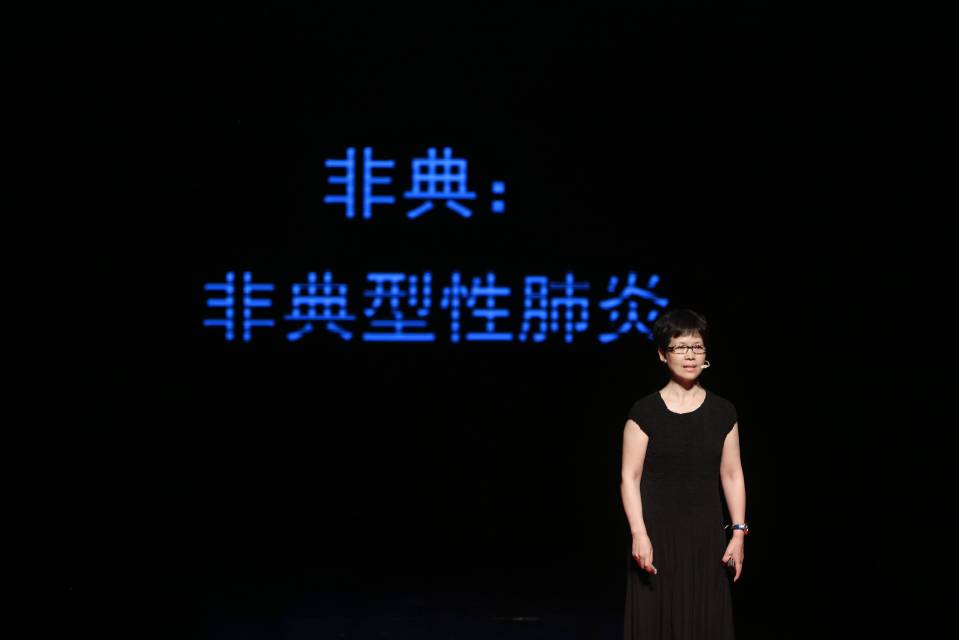
Who is Shi?
Shi had a critical role in the story of Covid as her lab was the first to sequence the complete coronavirus genome – and started working on a vaccine.
Shi’s lab kept an extensive and incredibly detailed public database of their work - with some 20,000 data entries detailing their coronavirus samples.
And after sequencing the virus, Shi entered it into her vast database.
In a strange turn of events, she found that it was a very close match with a coronavirus sample she had scooped from a mine in Mojiang seven years earlier in 2013.
Her team called it RaTG13 - and the fact it was so similar to the new strain of coronavirus circulating in Wuhan aroused suspicion.
Shi also sparked questions after she failed to mention how similar the two samples were in a paper on Covid’s genome.
In June 2020, the Wuhan lab’s database was suddenly deleted.
Shi said it was pulled down over "security concerns" due to "hacking" attempts.
But it means the closest relative to Covid - or the virus itself - may be in the database.
As of December 2024, the database is still offline.
’Simply too late’
Filippa Lentzos, a biosecurity expert at King’s College London, said it’s "simply too late" to find out what happened.
"Everything, for instance, in the Wuhan Institute of Virology freezers would have been cleared out," she told MIT Technology Review.
"The data records would have been scrubbed or cleaned up."
Until 2022, Shi was outspoken about the lab leak claims - saying it "totally contradicts the facts".
After a handful of interviews, Shi disappeared from the public eye.
Today, the Wuhan Institute of Virology appears to be operating as normal - with a flurry of research updates published between October 2023 and July 2024.
Shi has not been mentioned on the website since the beginning of the pandemic.
However, she is still listed as the Editor-in-Chief of Virologica Sinica, a position she has held since 2017.
She has been a fellow at the American Academy of Microbiology since 2019.
Missing pieces of the puzzle
The FBI and the US Department of Energy already believe that Covid most likely leaked from a lab in China.
There is still no definitive proof - but after five years of searching, no natural origin has been found.
And pieces of the puzzle on the origins of Covid are yet to be found.
Earlier this month, Shi appeared via Zoom at a conference she organised in Japan about "preparing for the next pandemic".
Neurobiologist Andre Goffinet said: "Clearly, she does not dare or is not allowed to leave mainland China."
As questions continue to swirl about the origins, many scientists and politicians have called for China - and Shi - to be held accountable.
Jamie Metzl, a WHO adviser who worked under Biden, said the "entire world must demand absolute transparency from the Chinese government".
He said China "has done everything possible to block any meaningful international investigation into the origins issue".
"This aggressive malfeasance puts the entire world at risk," he added.
The former adviser - who has been vocal on the possibility of a lab leak - called for "a comprehensive and unfettered investigation into the origins issue".